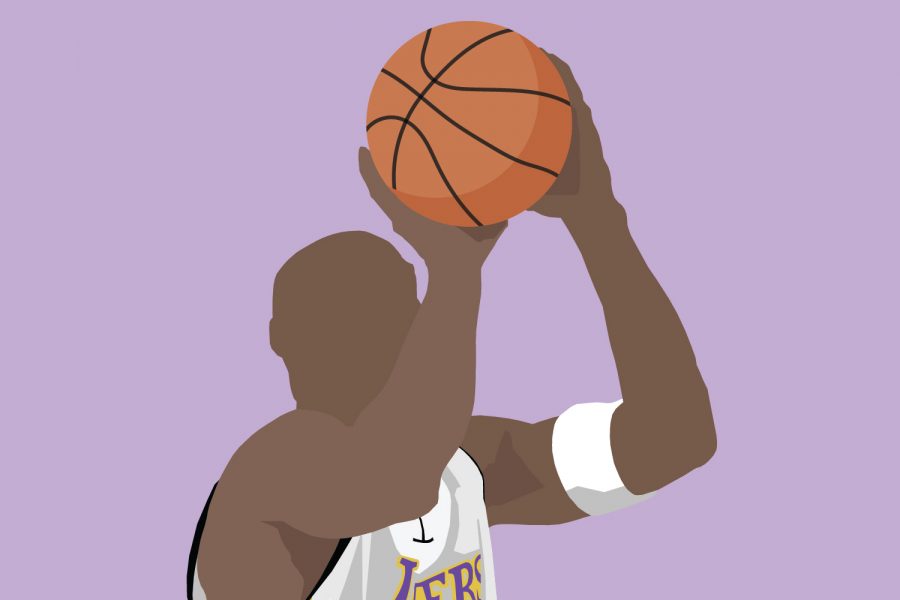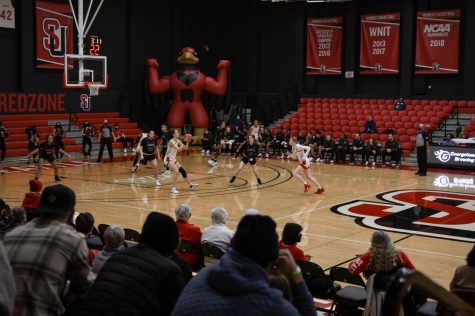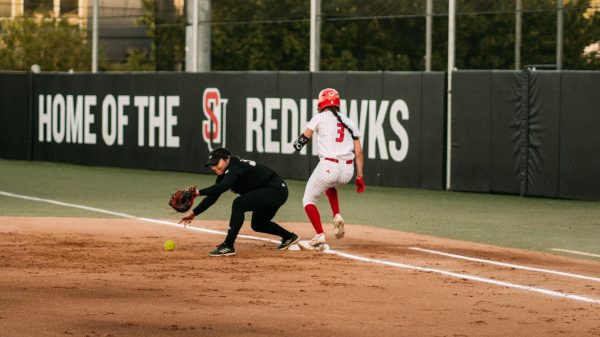Seattle U Community Responds to Kobe Bryant’s Death
No more than a day after Laker Lebron James overtook Kobe Bryant’s all-time scoring record, the unthinkable happened.
Kobe Bryant, a basketball legend and iconic 20-season Laker, was killed in a helicopter crash along with his 13-year-old daughter, Gianna and John Altobelli, Keri Altobelli, Alyssa Altobelli, Christina Mauser, Payton Chester, Sarah Chester and Ara Zobayan. Immediately after the crash, the news of Bryant’s death rapidly spread across social media and tabloid media outlets.
After confusion on social media died down, tributes for Bryant began to flood the internet. Bryant’s passing triggered a global outpouring of feedback.
In the wake of Bryant’s death, an overwhelming amount of coverage has focused on the positive aspects of his legacy. However, there has also been renewed discussion and scrutiny regarding rape allegations made against him.
In 2003, Bryant was accused of rape by a hotel employee. The case never went to trial, however, as his accuser was unwilling to testify. A separate lawsuit filed by the woman was settled outside court.
Reporter Felicia Sonmez of the Washington Post caught flack for tweeting a 2016 article from The Daily Beast that detailed Bryant’s rape case only a few hours after the announcement of his death, resulting in her suspension from the paper. The Post argued that Sonmez violated their social media policy of reporters sharing personal opinions and placed her on paid administrative leave. The Post later reversed this decision, saying it did not in fact violate their policies. This has resulted in discourse across social media regarding the nuances in feelings of rape and sexual assault survivors who have complex feelings when their abuser passes away.
Aside from Bryant’s distinct global influence, the ethics behind media coverage emerged soon after TMZ released the initial story, who published the story before the family had been notified.
Caitlin Carlson, an associate professor of communications, spoke to the media’s response to Bryant’s death and the firestorm of misinformation that followed the helicopter crash.
“It’s not a legal question, it’s an ethical question,” Carlson said. “I think, in a 24-hour news cycle, our expectation at this point is that they’re going to share information quickly.”
According to Carlson, the media’s response to Bryant’s death is what we have come to expect from media outlets.
Carlson went on to discuss why Bryant’s death hit the world so hard.
“He’s a cultural icon. He is someone that I think, for a lot of people, represents greatness in sports,” Carlson said. “And I think any death like that with somebody who’s absolutely just so young, that that’s going to garner a lot of attention, because here is this public figure who seemingly has a lifetime ahead of him.”
Not only was Bryant a cultural icon, he was also a relatively young, newly retired figure. Carlson noted that Bryant’s life was cut short— which left the world further shocked by his death.
Aside from the legality of media coverage and Bryant’s global influence, the story hits close to home for many student-athletes at Seattle University. Redshirt Junior Terrell Brown and Redshirt Senior Delante Jones from the Seattle U Men’s Basketball team discussed Bryant’s passing and their initial responses.
“He was just such a big part of everybody’s life,” Jones said.
Jones went on to speak about how Bryant’s career impacted his own life as a basketball player.
“You would still see him every night just competing so hard,”Jones said. “And then turning that into winning two more titles was just such a huge example for anyone trying to play basketball. He did it the right way.”
Bryant proved to be more than a professional basketball player, as Brown noted.
“He was someone I would always stay up late to watch if he was playing late nights,” Brown said.
Brown noted that Bryant was his father’s favorite player, so he was always an icon in the household. Jones remarked that, while he may not remember, his family tells him that Bryant was his favorite player as a child. Bryant is the icon for those passionate about basketball in the post-Michael Jordan era.
While tributes for Bryant emerged mainly within the United States, they soon spread to the far corners of the world, illustrating the NBA’s international reach. The global tributes indicate how influential Bryant was during and after his life—for better or for worse.
Lara may be reached at [email protected]







![Josh Gibson Supplants Ty Cobb, Babe Ruth, as Baseball’s Best Hitter [OPINION]](https://seattlespectator.com/wp-content/uploads/2024/05/gettyimages-72075891-600x338.jpg)



